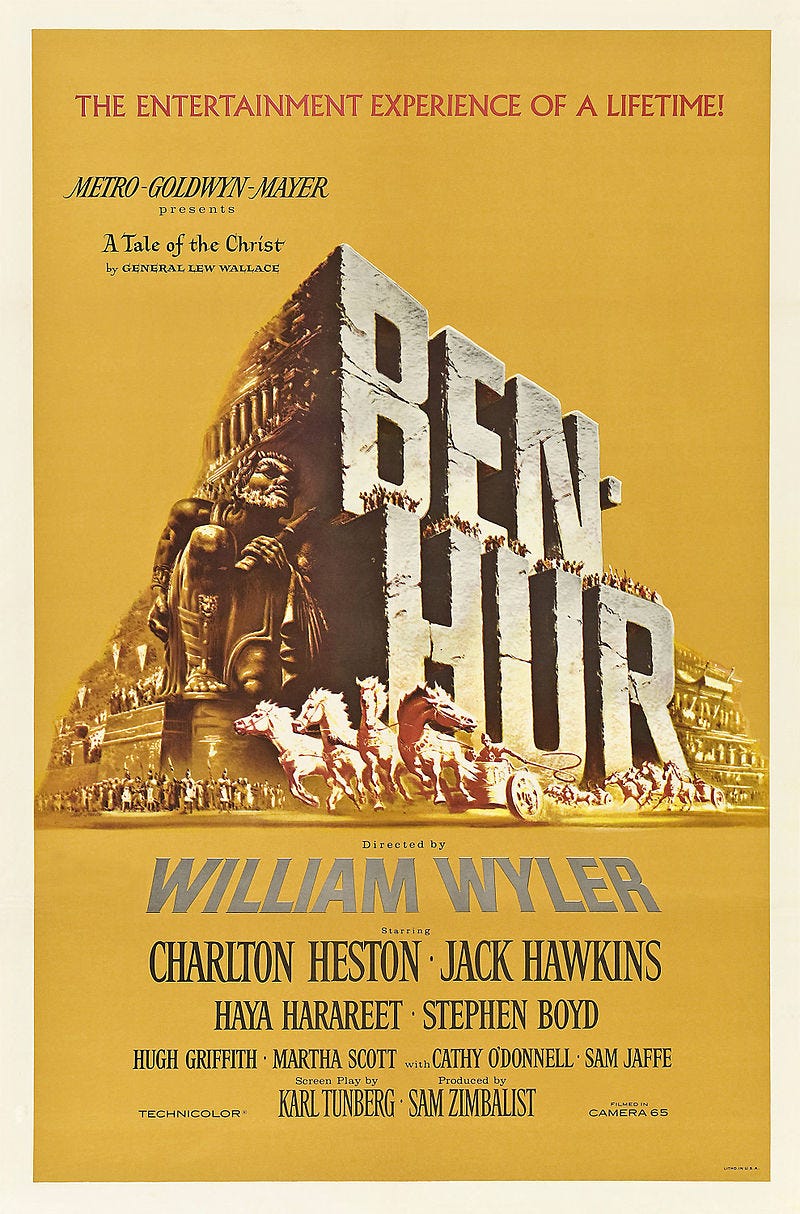Update: Dan Monroe’s YouTube channel is at https://www.youtube.com/@MoviesMusicMonsters
I wanted to write an article about moral complexity and the necessity of not buying into simplistic “good versus evil” narratives. I don’t want to do movie reviews, but I can see the younger generations are not noticing the differences in emphasis between the generations in motion pictures. Movies provide historical context and need to be appreciated for such context.
Too often movie critics focus on plot, acting, and drama, instead of editing, visuals, and sound. And rarely is any historical context taken into consideration. There is a reason George Lucas created Industrial Light and Magic but few care to ask why he did so.
Rarely do you hear about the movie The Good, Bad, and the Ugly but this film has substantial moralistic undertones of how we judge people and the ambiguity of such distinctions. Unfortunately, much of the visual aspects are lost on most major screens (https://www.perplexity.ai/search/what-visual-aspects-does-the-m-89LbGKweRP6HYJDcDoET5Q#0). Yet the iconic music and story line endure. It is a film worth seeing in these trying times but for the most part, it is neglected. The uglies in our lives are not necessarily evil and deserve a just award, but such thoughts are lost today or so it seems.
However, recently, Matt Walsh of the Dailywire declared numerous movies “overrated”, including Star Wars. He does not provide sufficient historical reflection in using the word “overrated”, let alone a workable definition for “overrated”. Ben Shapiro of the same organization put out a rebuttal, and rightly defended Star Wars and attempted to define “overrated”. Yet Shapiro is the same guy who claims rap is not music. Sorry, rap may not have melody, and is closer to poetry, but it is still music, but I digress.
Both men should take a cue from Dan Monroe and his YouTube channel: Movies, Music and Monsters. Monroe provides the context for such movies. He highlights the positive impacts of such movies, why they are important, and why they endure. Perhaps Walsh and Shapiro need to watch some of the old movies on TubiTV or the Internet Archive to see what they are missing.
But to Star Wars, Walsh misses the importance, significance, and impact of the original. His error is in missing the context of what the first audiences expected from a science fiction film. Previous films such as Silent Running, Planet of the Apes, and Soylent Green were purely dystopian. I am a fan of dystopian movies, so for me, these films are fun, but Star Wars flipped the whole genre on its head for being heroic. Star Wars created a zenith in marrying music and visuals to a plot. You may want to point to a movie like Ben-Hur for comparison, but the visuals and music of Star Wars exceed it.
A lot of people entered the movie late, thinking they were only missing the movie credits only to be confronted with two spaceships engaged in battle
Lucas had turned the movie industry in a completely different direction. Because of Lucas, we have great movie series such as Star Trek, Alien, Terminator, Jurassic Park, and The Matrix. And still, Lucas and even Disney understood the need for a dystopian nature in science fiction. This becomes obvious with the Empire Strikes Back and Rogue One. Yet, with such movies, Star Wars becomes even more important as a relentless heroic effort against an empire.






